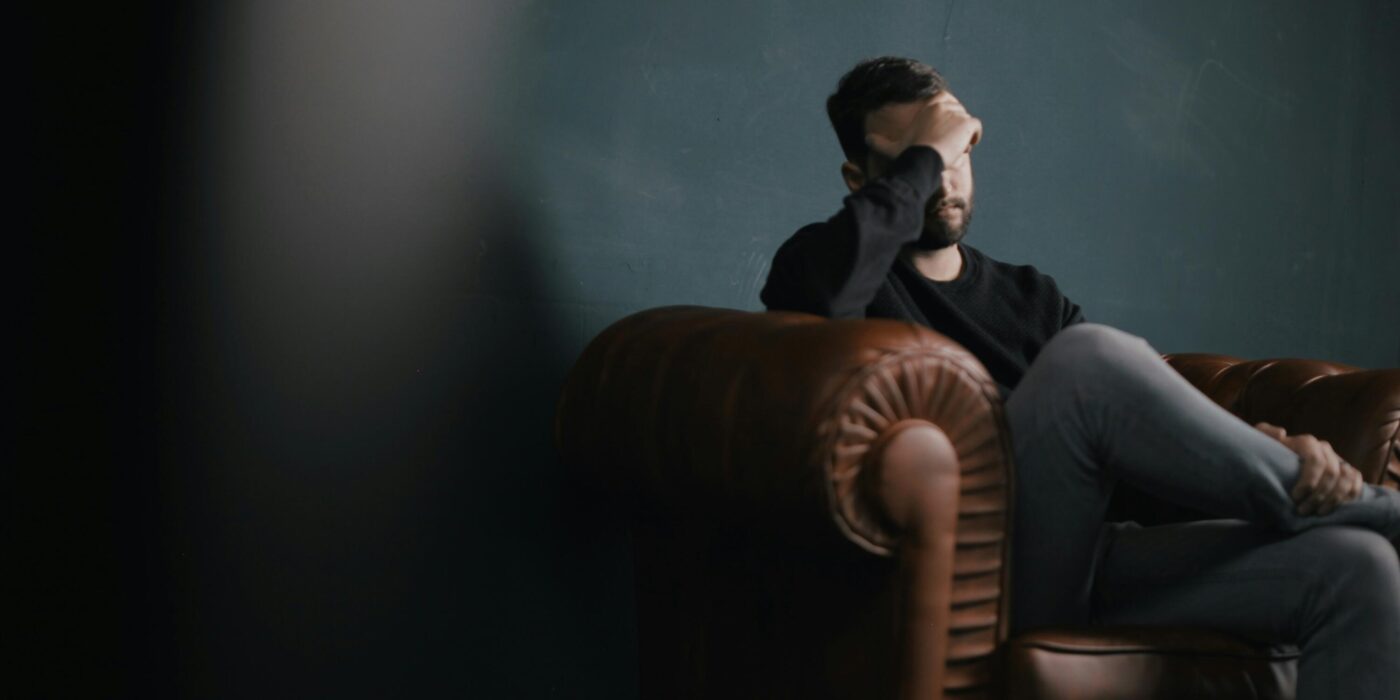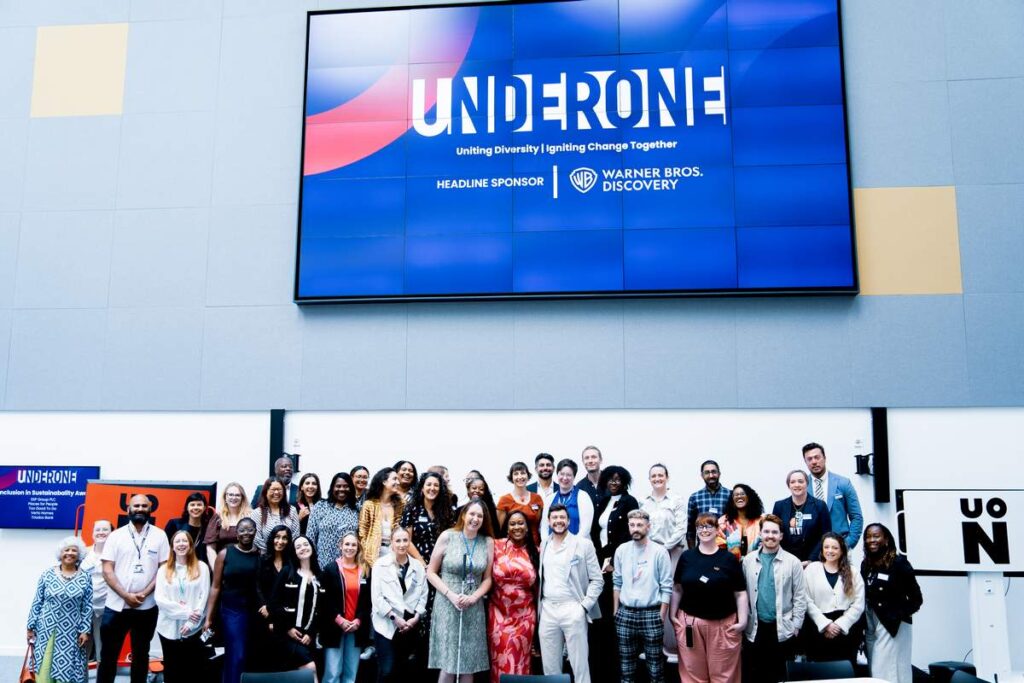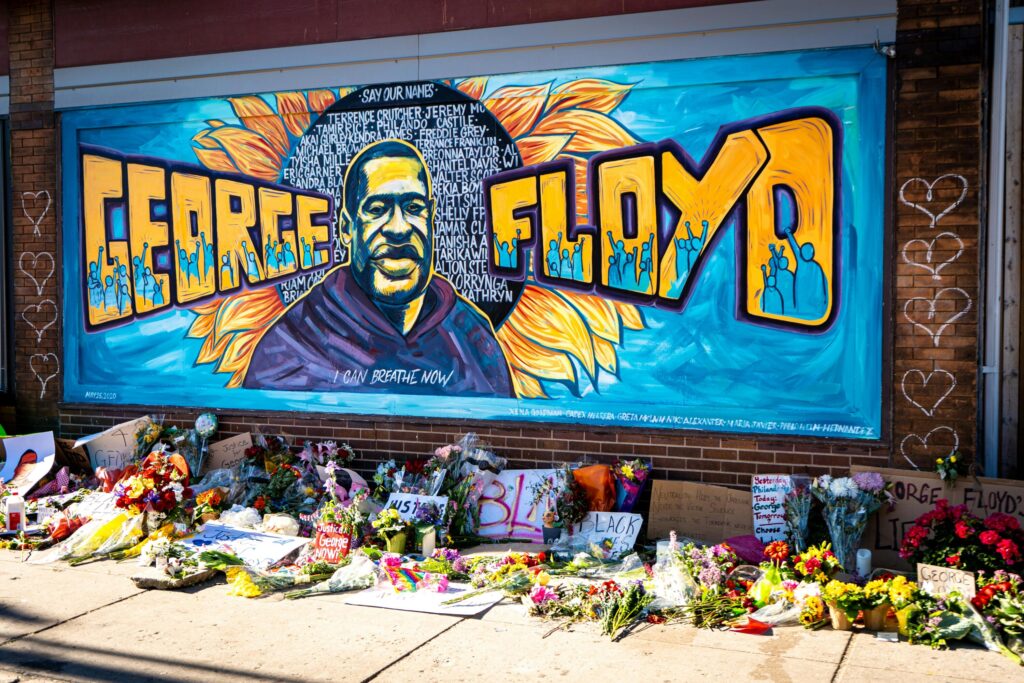Our mental well-being has become more crucial in an era of rapid change, intense competition, and constant connectivity. The pressure to excel in our careers, maintain relationships, and keep up with the relentless pace of modern life can take a toll on our mental health.
According to recent studies, around 1 in 6.8 people experience mental health problems in the workplace. This is reported to be with conditions such as anxiety and depression, which affect millions of people worldwide. While the stigma surrounding mental illness is gradually being dismantled, many still hesitate to seek help or openly discuss their struggles.
In light of these challenges, it’s essential to prioritise mental health awareness and cultivate wellness strategies. This involves not only addressing individual needs but also fostering supportive environments within our workplaces, communities, and society at large.
Strategies for Wellness
“Diversity and inclusion play a crucial role in promoting mental well-being,” explains Priyaneet Kainth, Global Diversity, Equity and Inclusion manager at Haleon. “When individuals feel valued, respected, and included, they are more likely to thrive both personally and professionally. By embracing diversity, organisations can create a culture of acceptance that supports mental health.”
Indeed, it is paramount to create an inclusive environment where everyone feels empowered to be their authentic selves. This means recognising and accommodating diverse experiences, perspectives, and needs.
In addition to organisational efforts, personal development and self-care practices are vital for maintaining mental wellness. Seeking guidance from a coach or mentor can provide valuable insights and strategies for managing stress, enhancing resilience, and fostering self-awareness.
“As a coach, I often work with clients to develop coping mechanisms and cultivate a positive mindset,” Chris Pinner of Innerfit says. “Through coaching, individuals can gain clarity, set meaningful goals, and confidently navigate challenges. It’s about empowering individuals to take charge of their mental health and well-being.”
“I’ve always been a fitness nerd, so when I got my Level 3 Certificate in Personal Training in 2015 it was mainly to learn about the body and physical health. I could never have predicted the journey that would follow and the number of clients who opened up to me about their mental health, stress, anxiety, eating disorders, body dysmorphia, depression, and more. I realised physical fitness is as much about the body as it is the mind. I also realised that even a seemingly small or insignificant amount of movement can have a big impact. So my top tip would be to recognise the power in the ‘little and often’ approach to movement and how even 10-20mins of exercise can help you get your daily DOSE (dopamine, oxytocin, serotonin, and endorphins) of mental health-boosting neurotransmitters”, said Chris.
Furthermore, access to professional support services is essential for those experiencing significant mental health challenges. Organisations like the London Stress Centre offer a range of resources to support individuals in their journey toward recovery and resilience.
“It is important for employers to treat employees as people, not just productivity machines,” states Michael Adu, Founder of London Stress Centre. “Balancing business goals with human values may require a dedicated individual, but it’s imperative for the mental health of your workforce.”
As we seek to manage the complexities of modern life, it’s crucial to prioritise mental health and well-being for ourselves and others. By fostering inclusive environments, seeking support from coaches and mentors, and accessing professional resources, we can cultivate resilience, enhance our mental wellness, and thrive in an ever-changing world.
Priyaneet concluded, “Your mental health problems do not define who you are. They are a moment in time associated with an experience you are going through. Just remember, whatever you’re going through, difficult times too shall pass!”
Priyaneet Kainth, Chris Pinner, and Michael Adu will share their insights as panellists at the UnderOne Festival, which will take place on July 24th and 25th at the University of Northampton. Get tickets HERE.



